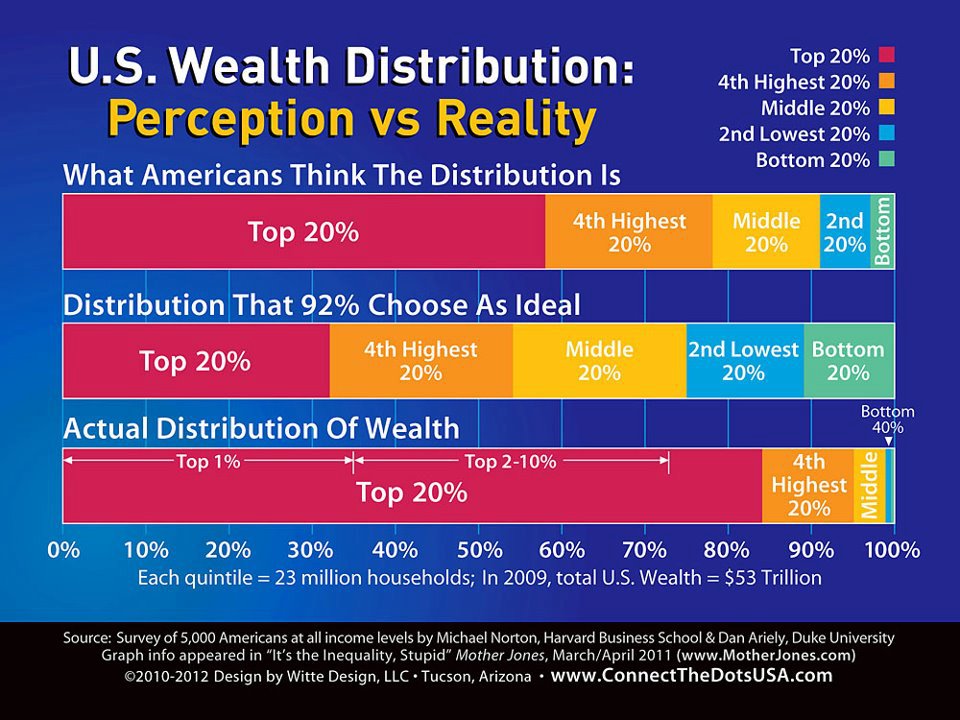In a world increasingly driven by material wealth, the question arises: can one genuinely engage in philanthropy while embracing the spiritual teachings of the Bahá’í Faith? This inquiry challenges conventional notions surrounding wealth and its distribution, especially in the context of altruism. A nuanced exploration of Bahá’í principles reveals profound insights that extend beyond mere financial contributions, advocating for a more holistic approach to philanthropy.
At its core, Bahá’í teaching emphasizes the intrinsic worth of every human being and the necessity of eradicating prejudices in all forms. Consequently, philanthropy is not confined to monetary donations or material gifts; it encompasses acts of service that empower individuals and uplift communities, fostering a spirit of unity and collaboration.
The first significant tenet of the Bahá’í Faith relevant to this discussion is the principle of moderation in all aspects of life. Bahá’u’lláh, the founder of the Faith, asserts that excessive wealth can lead to arrogance, while poverty may engender despair. Thus, the relationship between wealth and philanthropy must be critically examined. Individuals who possess considerable resources are encouraged to utilize their fortunes judiciously, ensuring that their philanthropic endeavors reflect a deep understanding of the socio-economic fabric of communities they aim to support.
Engaging in philanthropy as a Bahá’í also necessitates a departure from the predominant paradigms that often characterize charitable acts. Traditional philanthropy can sometimes foster dependency rather than empowerment. Instead, the Bahá’í emphasis on consultation promotes collaborative initiatives, wherein beneficiaries are actively involved in the decision-making processes. This engenders a sense of agency and self-worth, transforming the dynamics of giving into a partnership that respects the dignity of all parties involved.
Moreover, the Bahá’í perspective on wealth embraces the idea that material possessions should not be hoarded but rather viewed as a means to an end. In this light, philanthropists are called to reassess their relationship with wealth. How can one transform personal resources into instruments of social change? This challenge invites a critical examination of motivations behind charitable endeavors. Are acts of philanthropy primarily driven by a desire for recognition, or are they rooted in genuine compassion and a shared vision of a more equitable world?
A salient aspect of Bahá’í philosophy is its global outlook. Philanthropy, therefore, transcends geographical and cultural boundaries, encouraging contributions to the welfare of humanity as a whole. This perspective aligns with the rich tapestry of Bahá’í teachings that advocate for the oneness of humanity. The challenge lie in determining how localized efforts can ripple outwards. Can individual actions in community service resonate on a broader scale? Are individuals prepared to think globally while acting locally, embodying the tenet that all elements of society are interconnected?
In addressing the complexities of wealth and philanthropy, one must also consider the role of education as an instrument of empowerment. The Bahá’í teachings underscore the importance of knowledge and enlightenment. Educating individuals not only enhances their socioeconomic prospects but also fosters a culture of empathy and shared responsibility. Philanthropists are thus encouraged to invest in educational initiatives that prioritize holistic development—academically, socially, and spiritually. This commitment to education cultivates a generation of leaders who will perpetuate the cycle of service and upliftment, driving forward the ideals of justice and equity.
Furthermore, the Bahá’í discourse on social and economic development presents a blueprint for sustainable philanthropy. Rather than perpetuating cycles of dependency through one-off contributions, the focus should be on systemic change and comprehensive development plans that address root causes of poverty and inequality. This approach challenges philanthropists to innovate and collaborate with existing organizations and social movements, pooling their resources and expertise to effectuate real change.
Nevertheless, this exploration does not render traditional forms of philanthropy obsolete. Instead, it promotes a broader understanding of what it means to give. Philanthropists must grapple with the question: What legacy do I wish to leave behind? The Bahá’í emphasis on service to humanity compels individuals to reflect on how their contributions can catalyze transformation within societal structures, transcending transient acts of generosity.
Ultimately, the intersection of Bahá’í teachings and philanthropy invites a refreshing dialogue regarding the very nature of giving. It implores us to reconsider our values and engage in relationships that are rooted in mutual respect and understanding. The essence of philanthropy, from this perspective, is the commitment to elevate the human spirit, inspire change, and build a world characterized by justice, equity, and universal harmony.
In conclusion, one need not be an affluent millionaire to become a philanthropist, nor must one solely rely on financial resources to make a meaningful impact. The Bahá’í principle of striving for the betterment of the world aligns with the notion that every individual has the potential to contribute to a more just society. In grappling with the complexities of wealth, the challenge remains: can you, as a devoted follower of Bahá’í teachings, redefine philanthropy in your life? As this inquiry unfolds, it serves as a beacon, illuminating pathways toward a brighter, more unified future for humanity.
